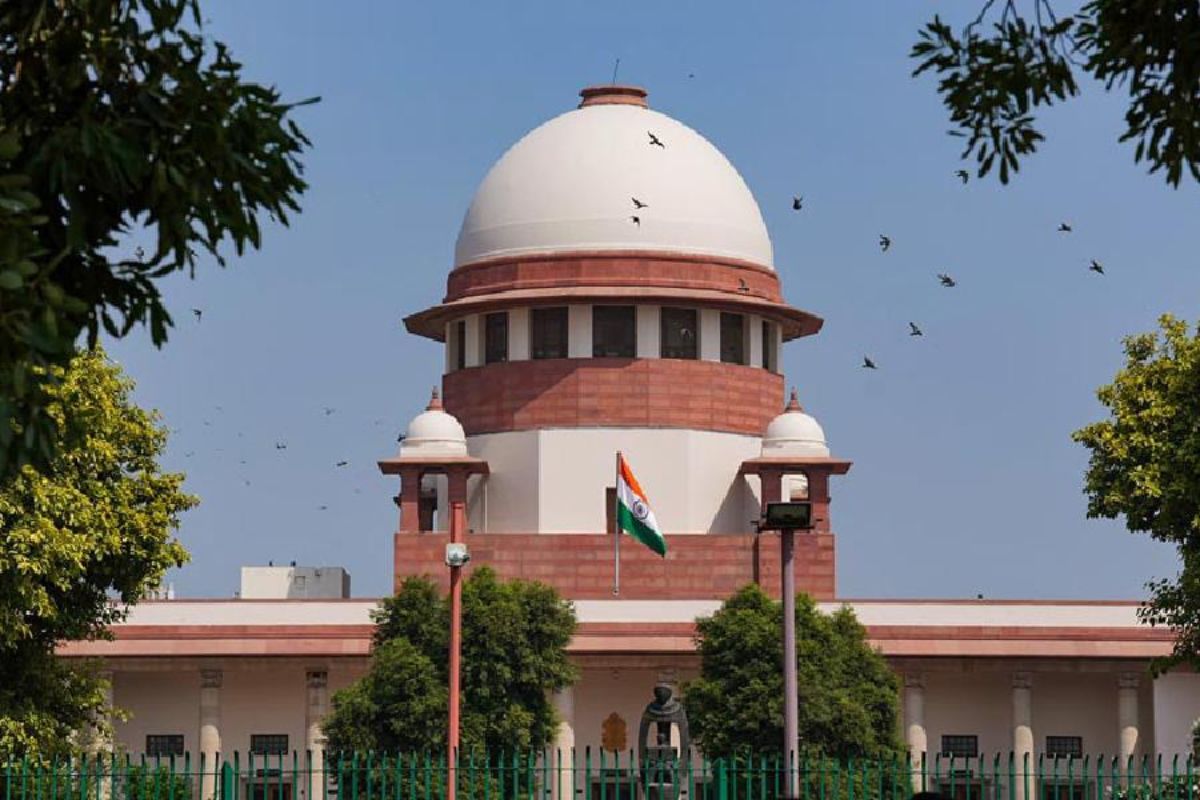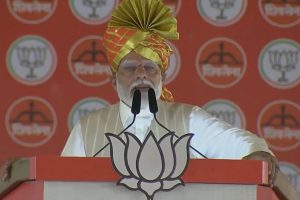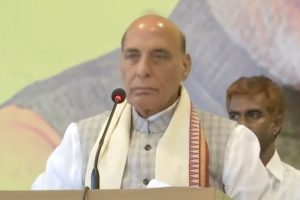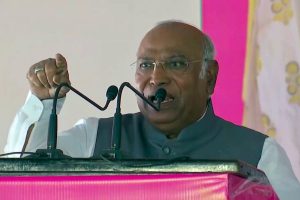The Supreme Court on Tuesday reserved its judgment on a batch of petitions challenging the constitutional validity of Section 6A of the Citizenship Act granting citizenship to immigrants from Bangladesh who had crossed over to India between January 1, 1966 to March 25, 197.
The Union government asserted that the validity of a provision could not be assailed on the apprehension of the language, culture, and religious identities of Assamese people getting overshadowed by the presence of the immigrants from Bangladesh.
A five-judge constitution bench comprising Chief Justice D Y Chandrachud, Justice Surya Kant, Justice M M Sundresh, Justice J B Pardiwala and Justice Manoj Misra, reserved the verdict on the conclusion of the arguments’ that were spread over four days. The hearing on a batch of petitions had commenced on December 5 and concluded today (December 12) with court being told that the presence of illegal immigrants was threatening their distinct religious, cultural, linguistic identities and were a drain on their resources.
The constitution bench was told that the Section 6A which was inserted in pursuance to Assam Accord was to give citizenship to immigrants who had entered India between January 1, 1966 to March 25, 1971, was open ended and a person who entered India post March 25, 1971, too could take benefit of it.
The Assam accord was signed on August 15, 1985, between the All-Assam Students Union (AASU) and All Assam Gana Sangram Parishad and the Central government and the Assam government.
Stating that the “basket of rights” of Assamese people also included their political rights, the constitution bench was told that the presence of immigrants in the electoral rolls of the state adversely impacted them in the democratic functioning.
The constitution bench was told that grant of citizenship to illegal immigrants was bereft of any criteria or effective machinery to enforce it.
Sharing the “gravity of the issue” flagged by the lawyers appearing for the petitioners challenging Section 6A, Solicitor General Tushar Mehta , however, defended the Section 6A, and told the bench that it is not true that because of Section 6A a large number of immigrants have been granted India citizenship.
The Central government on Tuesday in an affidavit filed in pursuance to December 7, direction of the top court, informed the constitution bench that 17,861 Bangladeshi immigrants who had entered Assam between January 1, 1966 to March 25, 1971, have been granted Indian citizenship. Besides this, the bench was told that 32,381 of these immigrants have been detected to be foreigners by the Foreigners Tribunal till October 31, 2023.
Defending Section 6A , senior advocate Chandra Uday Singh appearing for an intervenor told the constitution bench that the issue of Bangladeshi immigrant assumed an alarming proportion in 2004 when in response to a question, the Rajya Sabha was told that about 1.2 crore people from Bangladesh have entered India and over 50 lakh of them were living in Assam.
Singh said that later it was revealed that this information was not correct and a clarification was issued in the Rajya Sabha.
Most of the lawyers defending Section 6A of the Citizenship Act assailed the contention that grant of citizenship to immigrants from Bangladesh would adversely impact the economic, political, linguistic and the cultural rights of the Assamese people.
It was contended that Article 29 of the constitution that guarantees the protection of interests of minorities including their cultural and educational rights could not be invoked to question the provision of the Citizenship Act, intended for the grant of citizenship to a particular group of people.
Asserting that the civic nationalism could not be dwarfed or replaced by the cultural nationalism, the constitution bench was told that denying citizenship to someone on the grounds of the prevailing “cultural exclusivity” and if that is accepted “then Article 29 will cease to exist”.
The domain of citizenship has to be free of religious and cultural moorings and no specific group will continue to have an electoral domination or domination over the electoral rolls, the court was told.











